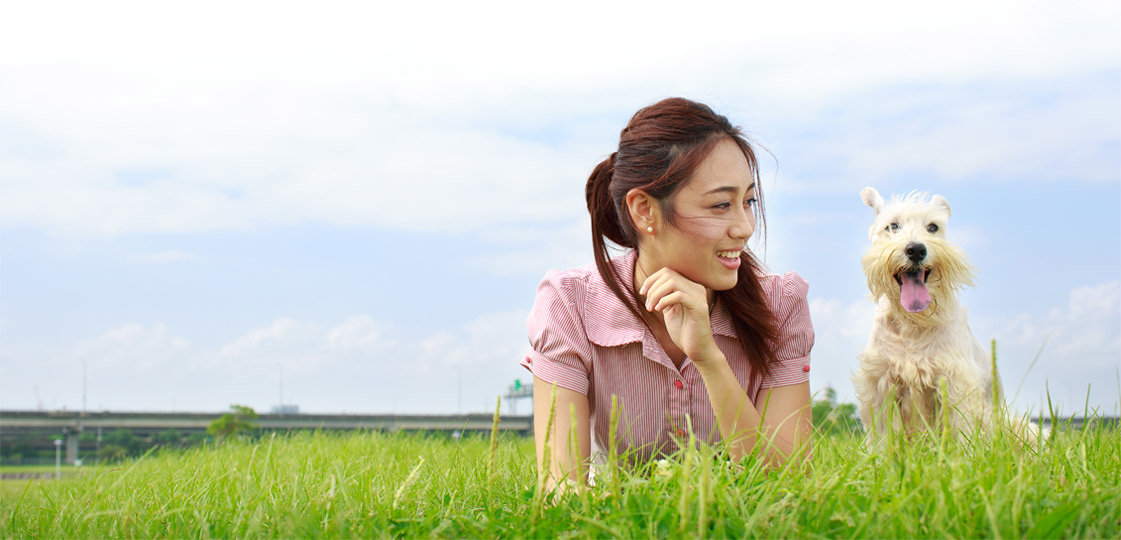
Finding the Right Canine Companion Takes Patience
Dogs are not just pets; they become family. They are a “death do us part” commitment and the decision to get your first dog isn’t one you should make on a whim. Here are a few things to think about before letting big brown puppy eyes sway your decision.
Not all breeds are alike.
As of 2018, the AKC recognizes 192 official dog breeds. But that number only represents purebred pups. There is no way to accurately calculate the true number of dog DNA combinations out there. One thing you must consider is that different breeds are suited for different lifestyles. For instance, the American Staffordshire Terrier prefers to be indoors and constantly craves attention while the American Foxhound needs plenty of space to run and play. You must consider the breed’s general temperament and their physical characteristics when narrowing your search. Dogs who shed may be a bad choice if you have allergies; large and very active breeds may not be happy in a cramped up apartment.
It takes lots of preparation.
One of the first things you’ll need to take care of before getting a dog is securing your property. Ideally, this will mean having a 4 to 6-foot fence around the perimeter and removing potentially toxic plants. The Humane Society also recommends providing your dog with a crate for the first few weeks until they get to know the house rules. If there are certain areas of your home that will be off limits, it’s best to block these with a gate or closed door. You’ll also have to get used to keeping the trash can closed and unsupervised food out of paw’s reach. The New Puppy Checklist from PetMD is a great list of items to have on hand
Some dogs don’t acclimate right away.
While most dogs will settle in within a few days, dogs who are inherently nervous or who’ve suffered abuse or neglect may take an extra helping hand feeling safe and comfortable. iHeartDogs explains that you can help ease your dog’s anxiety by staying calm yourself and remaining consistent with the rules. An anxious, nervous or fearful dog may whimper constantly or chew everything in sight. Be patient with your dog. It may take a few weeks, but soon he will be at ease and on his best behavior.
The responsibilities are enormous.
Having a pet is a lot like having a child. You are responsible for their health and well-being from the moment they pass over your threshold. You will be responsible for vaccinations, parasite control, preventative medicine, training, feeding, exercising and all of the other things that go along with responsible pet ownership, according to the American Veterinary Medicine Association. You are also responsible for their behavior, especially when you’re in public.
The rewards are even bigger.
Despite the time, money and energy you’ll put into your relationship with your sweet pup, they will give you so much more. A dog is a nonjudgmental companion who can help you celebrate the best and cope with the worst of life. If you’re recovering from an alcohol, drug or other addiction, your canine companion will serve as an important part of your therapy. Some of the lesser-considered benefits of having a dog are that they will keep you active and will open up a world of social opportunities, each of which will aid in the healing process.
Once you have carefully thought out your decision, researched breeds and taken steps to ensure the safety of upcoming cohabitation, you can get to the hardest choice of all: which dog is your dog? Stop by your local no-kill shelter or visit PetFinder.com to see dogs available right now at a shelter near you.
Find more pet stories and tips by Jessica Brody at OurBestFriends.Pet.
